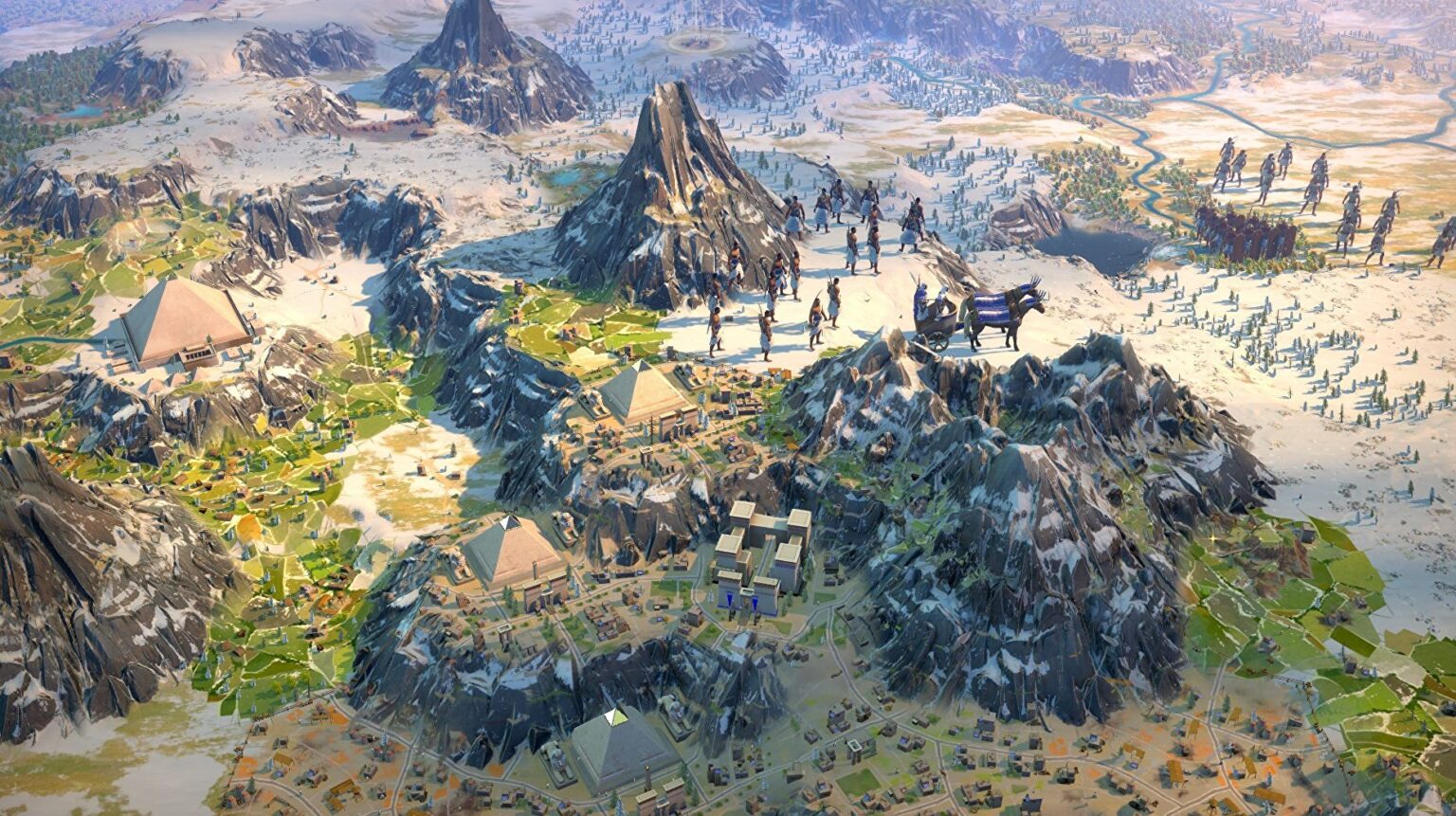

My favorite part of the game was the random discoveries your units could make while exploring. I won’t compare it to Civ6 because they have different styles, but apples to oranges they’re both pretty good looking. I did experience stuttering at the end when the closing video for beta testers played, but otherwise it’s perfectly playable in its current iteration.
#HUMANKIND CLOSED BETA 1080P#
It looks great, even at 1080p running on a laptop and it plays smooth as butter. I was incredibly impressed with the game engine and graphics.

Nothing stood out to me as especially strong – combat is slightly more tactical than most 4X games, but that’s mostly in positioning. What I did experience was production, exploration, combat, and technology growth. Unfortunately, I didn’t see how the civics worked. All of these variables could lead to an event or major decision. Depending on how you steer things, your people’s happiness and productivity will be affected. In one example, the developers cite how the player makes choices as to how their government is ruled with options ranging from a small council to a total autocracy where the player’s word is ultimate. It seems complex but, ultimately, it should be an intuitive way to guide your civilization to and through its biggest choices. Instead of a civics tree that uses a turn timer to determine when your people are ready for something new, the game uses a system of sliders that build points towards certain events. There’s a lot going on under the hood in the game (check out the developer blogs here to see how, for example, the team traveled the world to record terrain specific ambient nature sounds) and the high holy hope here is that Humankind plays as smoothly as a board game without actually feeling like one. Humankind changes things up a bit with a less strict adherence to formula. Unfortunately this too often boils down to relying on a handful of dice rolls in the first few turns followed by a meticulous adherence to strategy.

Far too many games in the 4X genre rely on a combination of early game luck and end game preparation to create the necessary tension to drive players through the mid-game. This is music to my ears because the alternative has become formulaic. It’s a novel idea that the developers claim will make every play through entirely unique. Instead of picking a single culture and brute-forcing it from ancient times all the way through the modern era, you’ll be evolving a starting culture into “a civilization as unique as you are” by combining different aspects of various civilizations. And second: Humankind abandons the weird tribalism that dominates the entire scope of competing 4X civilization simulators. In theory, this should prevent players from simply min-maxing a dominant play-style and yawning their way to a specific end game. This game will instead score victories based on overall fame. First, one does not simply “win” at having a civilization. Humankind has two major features that look to shake up the genre. The interface and controls are instantly familiar and work very similar to most turn-based strategy and 4X games.īeyond that, there was a few new things going on. The team could have made it a bit more apparent (it was just a small dialogue box), but I didn’t notice it because I wasn’t looking for one. I was halfway through the scenario (which weighs in at about 30 turns) before I realized there was a tutorial.


 0 kommentar(er)
0 kommentar(er)
